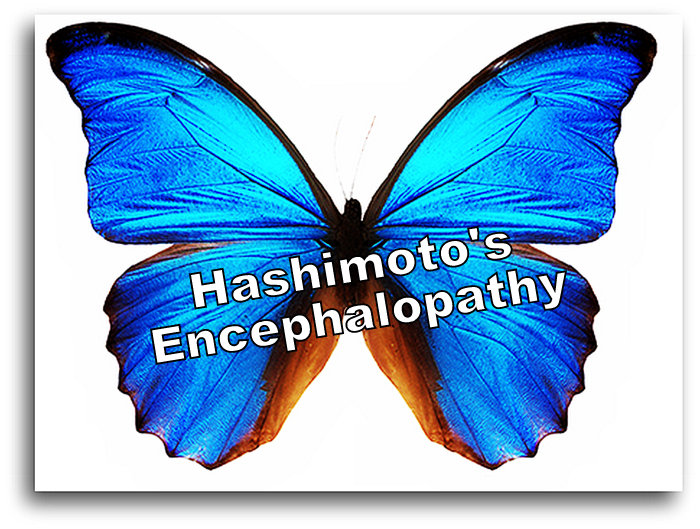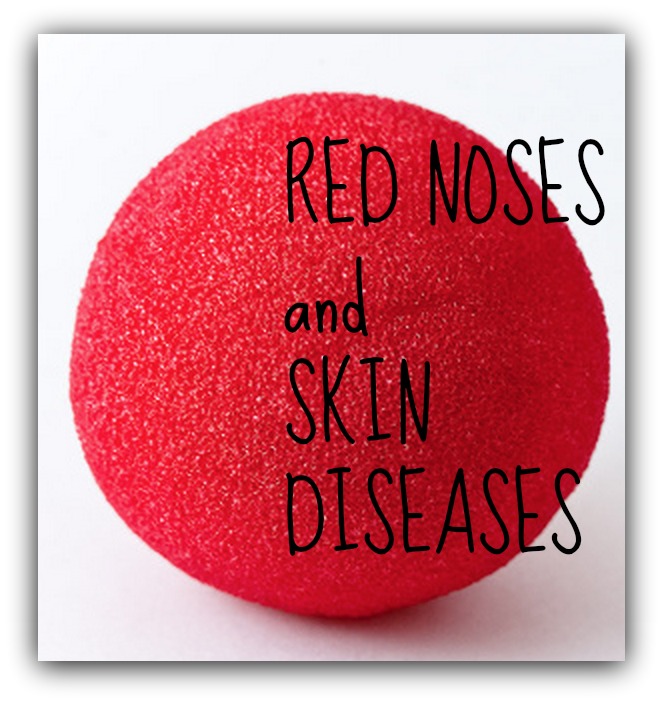One more kooky & hilarious video! Plus more about bipolar, pregnancy, mistakes patients make.
 HUMOROUS VIDEO ABOUT ADRENAL FATIGUE: Â In my blog post last February 15th, 2011, I sent you in the direction of a kooky, creative and hilarious You Tube video titled “Our Holy Miracle of the Infallible TSH Test”.
HUMOROUS VIDEO ABOUT ADRENAL FATIGUE: Â In my blog post last February 15th, 2011, I sent you in the direction of a kooky, creative and hilarious You Tube video titled “Our Holy Miracle of the Infallible TSH Test”.
Well, creator and thyroid patient Brian Foreman has brilliantly done it again, but this time, it’s about adrenal fatigue and titled “Why Isn’t My Thyroid Medication Working?” Â Have fun watching it, and get ready for a good laugh here and there.
Want to know more about adrenal dysfunction? Go here to find out about the problem, and do the Discovery Tests tests to see if you might have it. Â Note that it’s critical, if the self-tests seem to point to an adrenal issue, to do a 24-hour adrenal saliva test to see what is going on at four key times during a 24-hour period. Â Here is a compilation of what patients have learned in how to treat low cortisol, and this page is important to share with your doctor. If you want even more detail, it is strongly recommended by thyroid patients to order the REVISED STTM BOOK, and see Chapters 5 and 6. This can be carried right into your doctor appointment with key areas highlighted and bookmarked.
******************************
BIPOLAR, DEPRESSION and HYPOTHYROID: A thyroid patient emailed me with just one more article on the connection between having a bipolar disorder and one’s thyroid, including the fact that there is “a strikingly high rate of autoimmune-caused thyroid problems in people with bipolar disorder”, aka Hashimotos disease.
And even if depression is your main problem, the article mentions “gently pushing your thyroid status over toward the “hyperthyroid” end of normal, if you happen now to be toward the hypothyroid end of normal”, in order to adequately reverse the depression problem. I constantly think back about my own mother who suffered from depression, succumbed to having shock therapy, and ended up on anti-depressants the rest of her life because of her use of Synthroid.  So we know that treating hypothyroidism with direct T3, such as is found in desiccated thyroid, is far better.Â
******************************
IS THERE A BABY KNOCKING IN YOUR BELLY? I often see pregnant women in forums wondering how their babies are doing and how the thyroid works in helping their babies, or hurting them if the mother is pregnant and hypothyroid.  Here is an article sent to me that can help inform as to changes in your thyroid function when pregnant, how thyroid hormones affect the brain of the fetus, and the role of iodine.  It can underscore how important proper treatment is while pregnant.
What about adrenal fatigue which so many thyroid patients find themselves with, and pregnancy? A gal named Anne has written about this issue here. She has Addisons disease, which is more about a disease process and can be autoimmune, but her comments can be very applicable for those of you with sluggish adrenal function. Share all of this with your doctor. Need to find a good one?? Go here.
*******************************
TWO COMMON MISTAKES Â MADE BY PATIENTS: Â In patient groups, here are two common mistakes I see patients make:
- Not doing the 24 hour adrenal saliva test if adrenal dysfunction is suspected: Â I can’t stress this enough: Â patients have learned repeatedly they shouldn’t have rushed into cortisol treatment if they or their doctor’s “suspect” an adrenal problem. Yes, STTM has outlined several self-tests, called Discovery Steps, that you can do in your own home to see if anything is suspicious. There is also a checklist of symptoms related to adrenal problems. But the problem is two-fold: Â symptoms of high and low cortisol can be exactly the same, and ‘where you are low’ and ‘where you are not’ can dictate how your treatment should be. Â Some only need to lower high cortisol, some may do well on simply adaptogens like Ashwagandha or Rhodiola, some do well on Isocort or OTC adrenal cortex, and some outright need to be on prescription hydrocortisone. Teach this to your doctor. Here is where you can order your own saliva tests, and then take them into your doctor’s office.
- Not getting copies of labwork: Contrary to how your doctor says it, you have a right to have copies of your own labwork. And you should! Patients often come on groups seeking feedback from other patients, and yet, have no idea what their labwork was, or the ranges. Getting copies of labwork is just one step of many in being a pro-active patient. Here is how to read labwork according to the experience of thyroid patients.


 Though this post was originally written in 2009, the principles and information are still applicable today!
Though this post was originally written in 2009, the principles and information are still applicable today!
